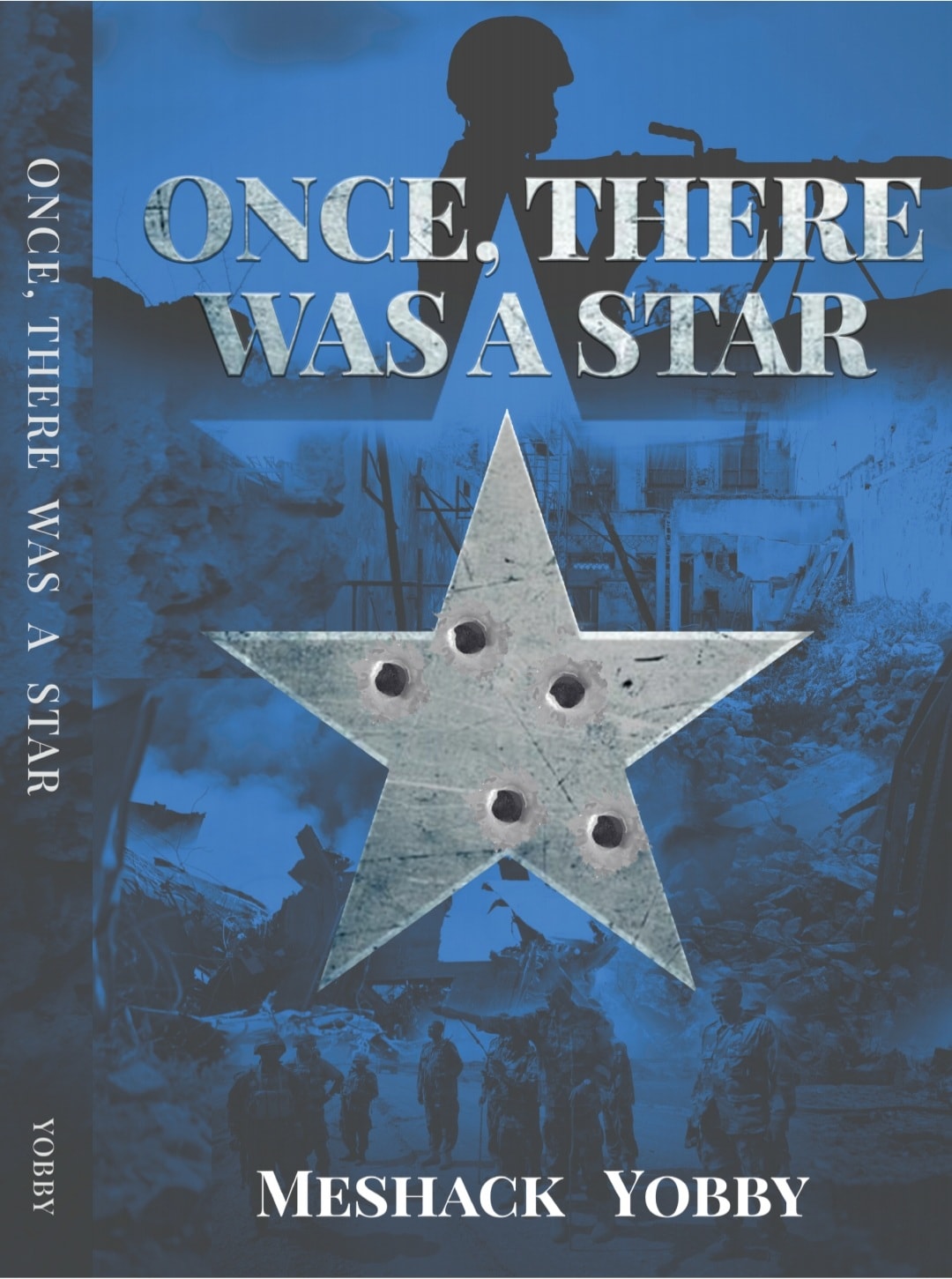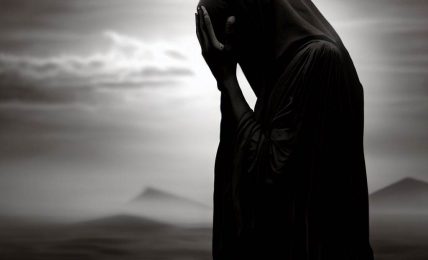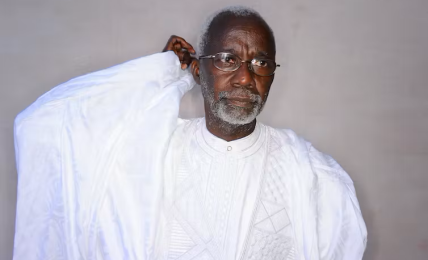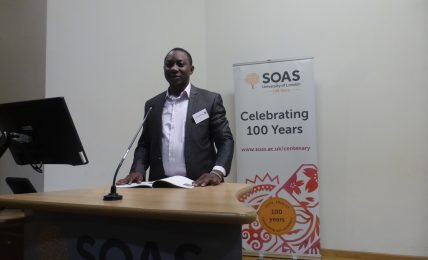Book Review: ‘Once, There Was a Star’ by Meshack Yobby
'Once, There Was a Star' is a sublime piece of historical fiction weaved masterfully: a detailed chronological account of Ismail Muse’s life circa 1977 spanning a 10-year war and his daughter’s coming of age.









Thank you for the review. Was looking for exactly that.